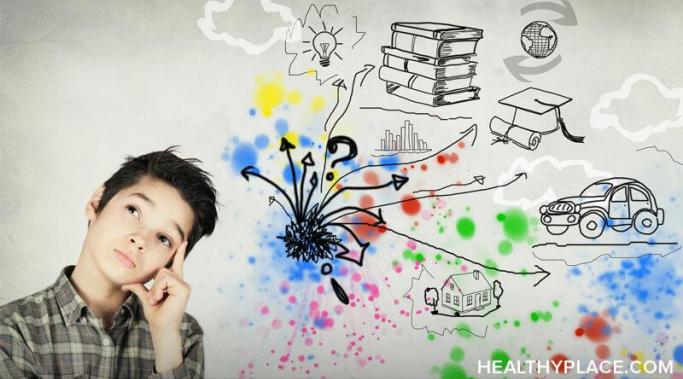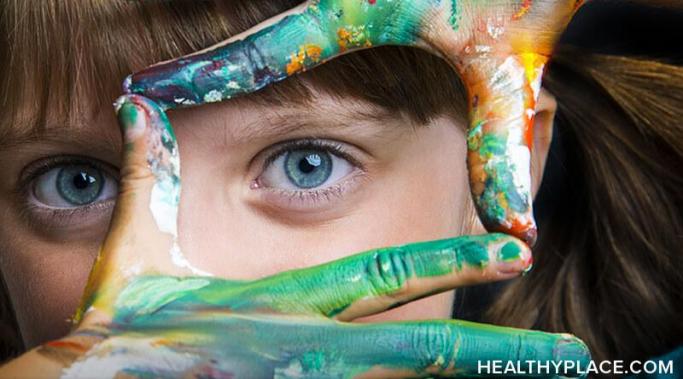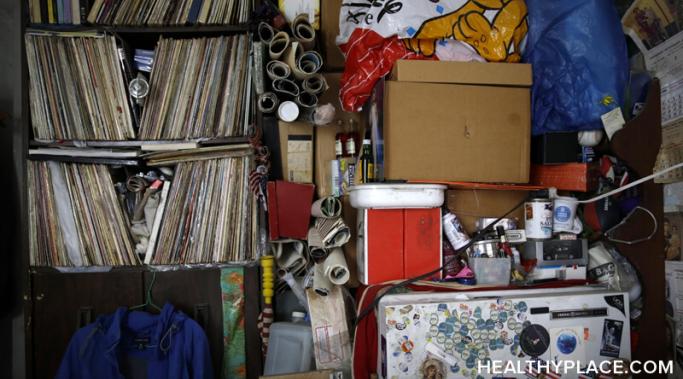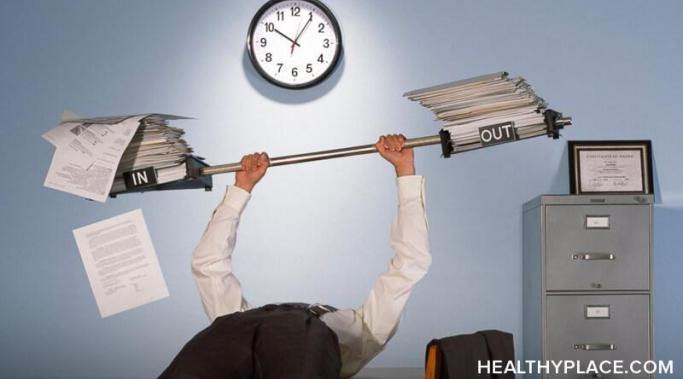As Black History Month comes to a close, I thought, what better time than now to shed some light on black mental health conditions--an issue I find all too common in the black community. Now I can't speak for all black people in the world, but I can speak from my own experience and the experiences others have openly shared with me regarding black mental health.
Living with Adult ADHD
The struggles of motherhood when living with attention-deficit/hyperactivity disorder (ADHD) can leave you debilitated. Picture this: it's the crack of dawn, and the sun has yet to rise. You awaken from your slumber because, according to the youngest child, "It's wake up time." The kids are ready to watch a slew of morning cartoons, argue about who got the most cereal, and then leave the same bowl of soggy half-eaten Frosted Flakes on the table next to a trail of milk. Kid number one can't find the Legos they hid from kid number two, so a meltdown erupts--and it's only 6:55 a.m. The rest of the morning goes something like, "Mom, don't forget to pack my lunch," and a whiny, "Mom, I want fruit snacks, too," so the monster mother I told myself I wasn't going to be today emerges. Quickly, my little reserve of patience begins waning. Now I'm yelling, overwhelmed, and to add to the stress, late dropping kid number one off at school--as always.
I’m Antoinette (Tonie) Ansah and I’ll be writing for "Living with Adult ADHD." Accepting that I had attention-deficit/hyperactivity disorder (ADHD) didn’t come easily because I loathed the stigma attached to it. My family didn’t understand mental disorders, and, also, I don’t look like the stereotypical rambunctious boy--so I struggled silently for years.
People with attention-deficit/hyperactivity disorder (ADHD) often think associatively rather than linearly. I am not alone in jumping from one thought to another (and another) in rapid succession. Though many of us are not able to track the steps our minds take to get from one idea to an apparently unrelated one, some of us are—usually after the leaps have been made.
Attention-deficit/hyperactivity disorder (ADHD) can often lead to boredom. It can also result in discovering exciting methods to counter that discontent. In certain ways, I get bored less often than friends who do not have the condition, and what someone considers uninteresting is entirely subjective. Still, it appears I am not alone when it comes to ADHDers who absolutely despise being bored.
Is attention-deficit/hyperactivity disorder (ADHD) a gift or a disability? There is much debate about this topic. People feel very strongly about this ADHD issue, perhaps because the question is tied to our identity. In my opinion, there is no easy answer, and it very much depends on the circumstances.
A large number of hoarders have attention-deficit/hyperactivity disorder (ADHD) or ADHD-like symptoms. Hoarding becomes a disorder when sorting through and getting rid of possessions causes extreme anxiety. Previously considered a subset of obsessive compulsive disorder (OCD), hoarding is now its own disorder. Many hoarders still have OCD, and studies find that ADHDers are also very susceptible to the condition.
For someone with attention-deficit/hyperactivity disorder (ADHD), the Internet is a place to learn about our condition and research our passions, but it can also feel dangerous. People with ADHD are subject to addictions, and the Internet, with its potential for constant stimulation, can lure us in for hours. On top of that, Internet conversations are notoriously frustrating, which is especially difficult for emotional ADHDers. I’d like to touch on the good, the bad, and a few solutions when it comes to using the Internet when you have ADHD.
Treating attention-deficit/hyperactivity disorder (ADHD) can feel like having a full-time job. In fact, I find it difficult to navigate a “regular” job while also figuring out how best to treat my ADHD. If being a parent to the child with the condition feels like a full-time job and then some, it’s safe to say that having ADHD as an adult can also feel overwhelming.
There are many stories of people with attention-deficit/hyperactivity disorder (ADHD) who are ambitious but feel that they struggle to reach their potential. I regularly feel a gap between what I want or believe is possible and what I actually achieve. I’ve also heard complaints from people with ADHD that they spread themselves too thin and never get really good at one thing. Not everyone can follow their passion, and it takes a lot of energy for those with ADHD to work towards their sometimes lofty goals.









